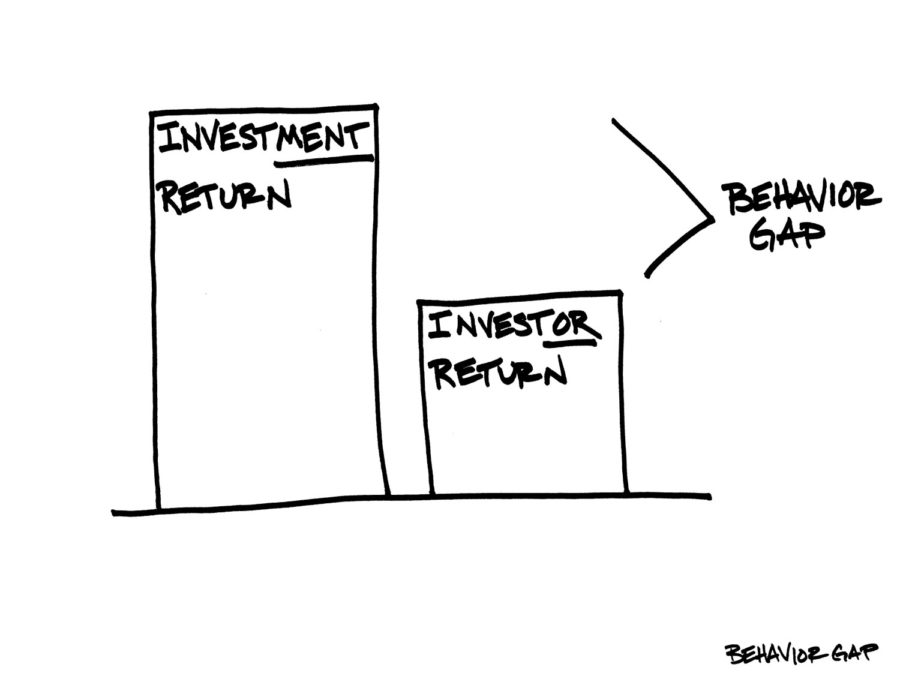 No one can guarantee when the markets will go up or down. Lots of talking heads and so-called “experts” like to claim they know when factors like news items or current events will impact how the stock market behaves, but it’s all guesswork.
It’s extremely easy to get caught up in a 24/7 news cycle. Headlines and predictions invoke emotional reactions in viewers. But the key to long-term financial success is tuning out the noise and understanding that ups and downs happen.
We know markets can be volatile. That’s part of the price paid to invest and earn more money than you could almost anywhere else. It’s also something to account for in a comprehensive financial plan.
The only certain thing is that the market will rise and fall. We don’t know exactly when. All the noise from reporters, TV hosts, or others speculating about what the market will do next because of elections, the Fed, or whatever else they point to as the why behind their guesswork only serves as a negative distraction.
Instead of panicking and reacting based on what you hear on the news or from folks at work, you can create and set a financial plan. It will be tailored specifically to you, based on reasonable, objective decision-making (instead of emotional and irrational). A great financial plan accounts for your goals, your risk tolerance, and your concerns — and it means you already know what to do when others threaten that the market may take a turn due to whatever people happen to be worked up over today.
No one can guarantee when the markets will go up or down. Lots of talking heads and so-called “experts” like to claim they know when factors like news items or current events will impact how the stock market behaves, but it’s all guesswork.
It’s extremely easy to get caught up in a 24/7 news cycle. Headlines and predictions invoke emotional reactions in viewers. But the key to long-term financial success is tuning out the noise and understanding that ups and downs happen.
We know markets can be volatile. That’s part of the price paid to invest and earn more money than you could almost anywhere else. It’s also something to account for in a comprehensive financial plan.
The only certain thing is that the market will rise and fall. We don’t know exactly when. All the noise from reporters, TV hosts, or others speculating about what the market will do next because of elections, the Fed, or whatever else they point to as the why behind their guesswork only serves as a negative distraction.
Instead of panicking and reacting based on what you hear on the news or from folks at work, you can create and set a financial plan. It will be tailored specifically to you, based on reasonable, objective decision-making (instead of emotional and irrational). A great financial plan accounts for your goals, your risk tolerance, and your concerns — and it means you already know what to do when others threaten that the market may take a turn due to whatever people happen to be worked up over today.
What Does It Mean to Have a Comprehensive Financial Plan?
A comprehensive financial plan is specific to you. It includes factors like:
- Individual and family goals (saving for a house or a child’s college education, retiring early, starting a business, and so on)
- Household income and benefits
- Your cash flow
- Your tax situation
- Target retirement date for you and your spouse
- Future earnings and income
- Risk tolerance
- Your time horizon